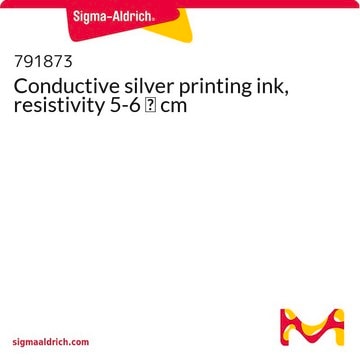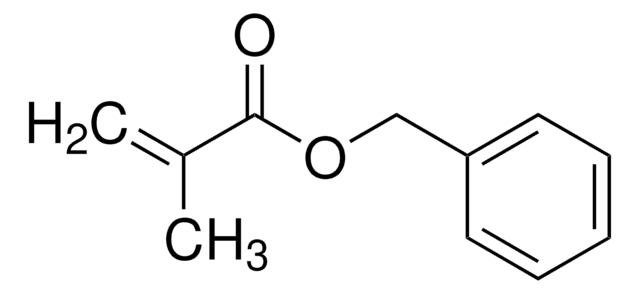All Photos(2)
About This Item
Linear Formula:
NaNH2
CAS Number:
Molecular Weight:
39.01
EC Number:
MDL number:
UNSPSC Code:
12352301
PubChem Substance ID:
NACRES:
NA.22
Recommended Products
Quality Level
Assay
98%
form
powder
greener alternative product characteristics
Design for Energy Efficiency
Learn more about the Principles of Green Chemistry.
sustainability
Greener Alternative Product
bp
400 °C (lit.)
mp
210 °C (lit.)
greener alternative category
SMILES string
N[Na]
InChI
1S/H2N.Na/h1H2;/q-1;+1
InChI key
ODZPKZBBUMBTMG-UHFFFAOYSA-N
Looking for similar products? Visit Product Comparison Guide
Related Categories
General description
We are committed to bringing you Greener Alternative Products, which adhere to one or more of The 12 Principles of Greener Chemistry. This product has been enhanced for energy efficiency. Find details here.
Application
Reagent for:
Synthesis of allylic amines and amides
Synthesis of antibacterials
Aggregative activation and heterocyclic chemistry
Phenylation with diphenyliodonium chloride
Synthesis of allylic amines and amides
Synthesis of antibacterials
Aggregative activation and heterocyclic chemistry
Phenylation with diphenyliodonium chloride
Sodium amide (NH2Na) (98%) can be used for a variety of applications such as:
- production of a hydrogen storage system
- adsorption of CO2
- fabrication of fuel cells
Signal Word
Danger
Hazard Statements
Precautionary Statements
Hazard Classifications
Aquatic Chronic 3 - Eye Dam. 1 - Skin Corr. 1B - Water-react 2
Supplementary Hazards
Storage Class Code
4.3 - Hazardous materials which set free flammable gases upon contact with water
WGK
WGK 2
Flash Point(F)
Not applicable
Flash Point(C)
Not applicable
Personal Protective Equipment
dust mask type N95 (US), Eyeshields, Gloves
Choose from one of the most recent versions:
Already Own This Product?
Find documentation for the products that you have recently purchased in the Document Library.
Customers Also Viewed
Thermal decomposition kinetics of light-weight composite NaNH2-NaBH4 hydrogen storage materials for fuel cells
Bai Y, et al.
International Journal of Hydrogen Energy, 37(17), 12973-12979 (2012)
Christian Bukovec et al.
Organic & biomolecular chemistry, 9(8), 2743-2750 (2011-03-08)
Stannylated allylic carbonates are suitable substrates for Pd-catalyzed allylic aminations. In DMF and with [allylPdCl](2) as catalyst the stannylated allyl amines formed can be directly coupled with electrophiles according to the Stille protocol, giving rise to highly functionalized building blocks
M. Bakavoli, et al.,
Journal of Heterocyclic Chemistry, 48, 149-152 (2010)
N-doped porous carbons from low-temperature and single-step sodium amide activation of carbonized water chestnut shell with excellent CO2 capture performance
Rao L, et al.
Chemical Engineering Journal, 359(16), 428-435 (2019)
The reactions in LiBH4-NaNH2 hydrogen storage system
Zhang Y and Tian Q
International Journal of Hydrogen Energy, 36(16), 9733-9742 (2011)
Our team of scientists has experience in all areas of research including Life Science, Material Science, Chemical Synthesis, Chromatography, Analytical and many others.
Contact Technical Service




![Poly[2-methoxy-5-(2-ethylhexyloxy)-1,4-phenylenevinylene] average Mn 40,000-70,000](/deepweb/assets/sigmaaldrich/product/structures/344/488/b8f8179d-3970-4deb-a754-adda88cdb36f/640/b8f8179d-3970-4deb-a754-adda88cdb36f.png)











